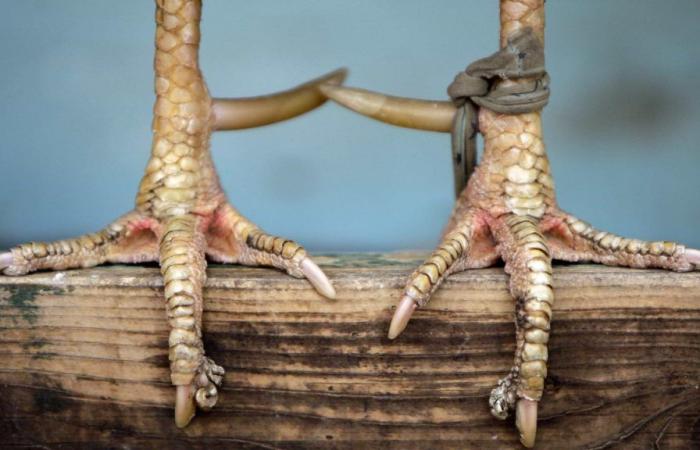“A“Climate change has impacted the routes of migratory birds, and this has played a role in the unprecedented spread of H5N1 in animals,” said Zhang Wenqing, who heads the Global Influenza Program at the WHO, at a press conference.
The expert highlighted that the 2.3.4.4b variant of the virus emerged in 2020, crossed the Atlantic to North America in 2021 and arrived in South America in 2022, causing several outbreaks in birds and mammals.
The WHO recognizes an “exponential growth” since 2020 in the number of infections in birds, in addition to an increasing number of affected mammals, including seals, mink, sea lions and foxes and, more recently, cattle and goats.
The recent detection of outbreaks of avian influenza in cattle and goats in the United States, where the first cow-to-human transmission was identified, has increased the concern of the medical community regarding possible mutations of the virus, which, according to the WHO, has epidemic potential. and pandemic.
Today, the WHO called for strengthening the global detection network for the H5N1 virus.
According to the WHO, increased surveillance should extend to milk and dairy products.
Last week, the UN agency recommended the consumption of pasteurized milk after the discovery of strong concentrations of the H5N1 virus in the milk of cows in the United States.
Read Also: More than 50 million lives were saved in Africa thanks to vaccines
Download our free App.
Eighth consecutive year Consumer Choice for Online Press and elected product of the year 2024.
* Study by e Netsonda, Nov. and ten. 2023 product of the year – pt.com
Download our free App.
Eighth consecutive year Consumer Choice for Online Press and elected product of the year 2024.
* Study by e Netsonda, Nov. and ten. 2023 product of the year – pt.com







